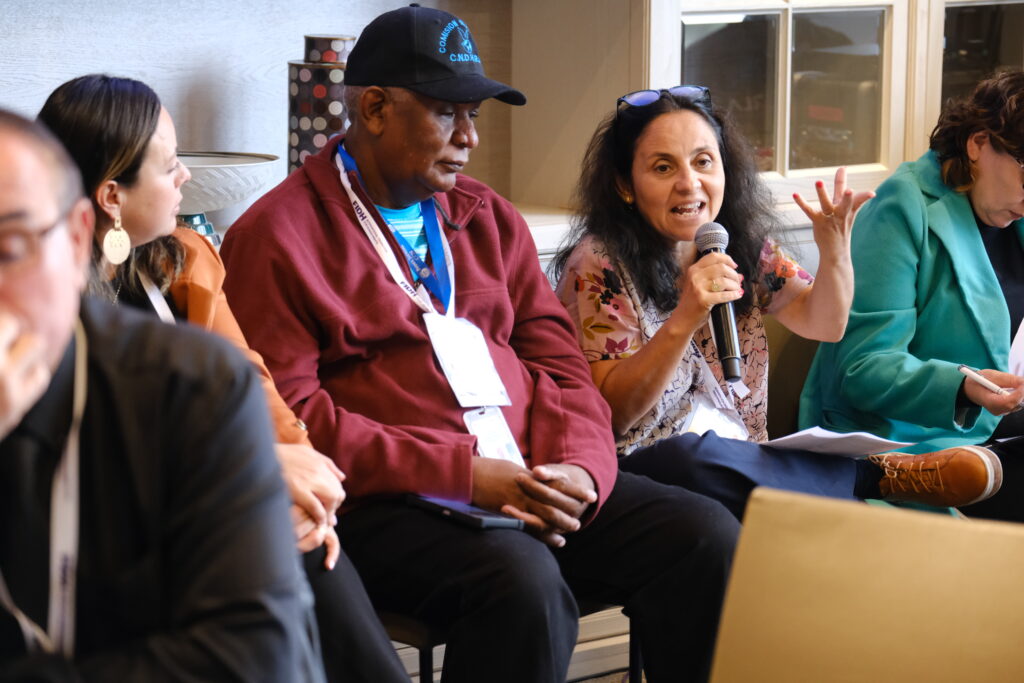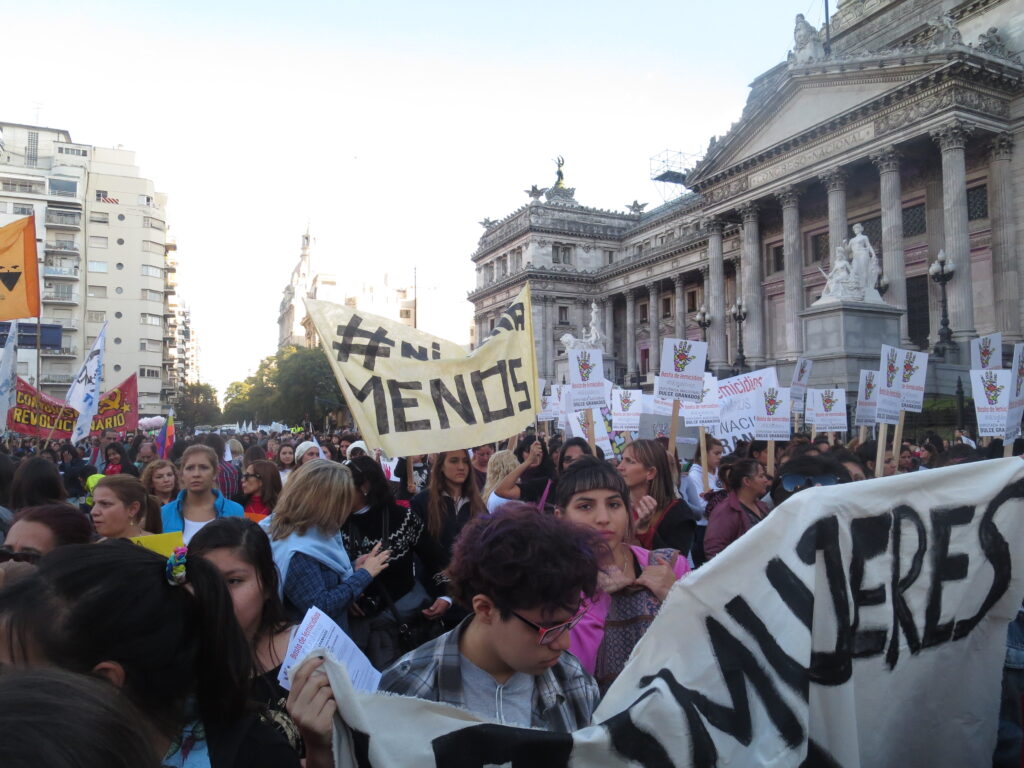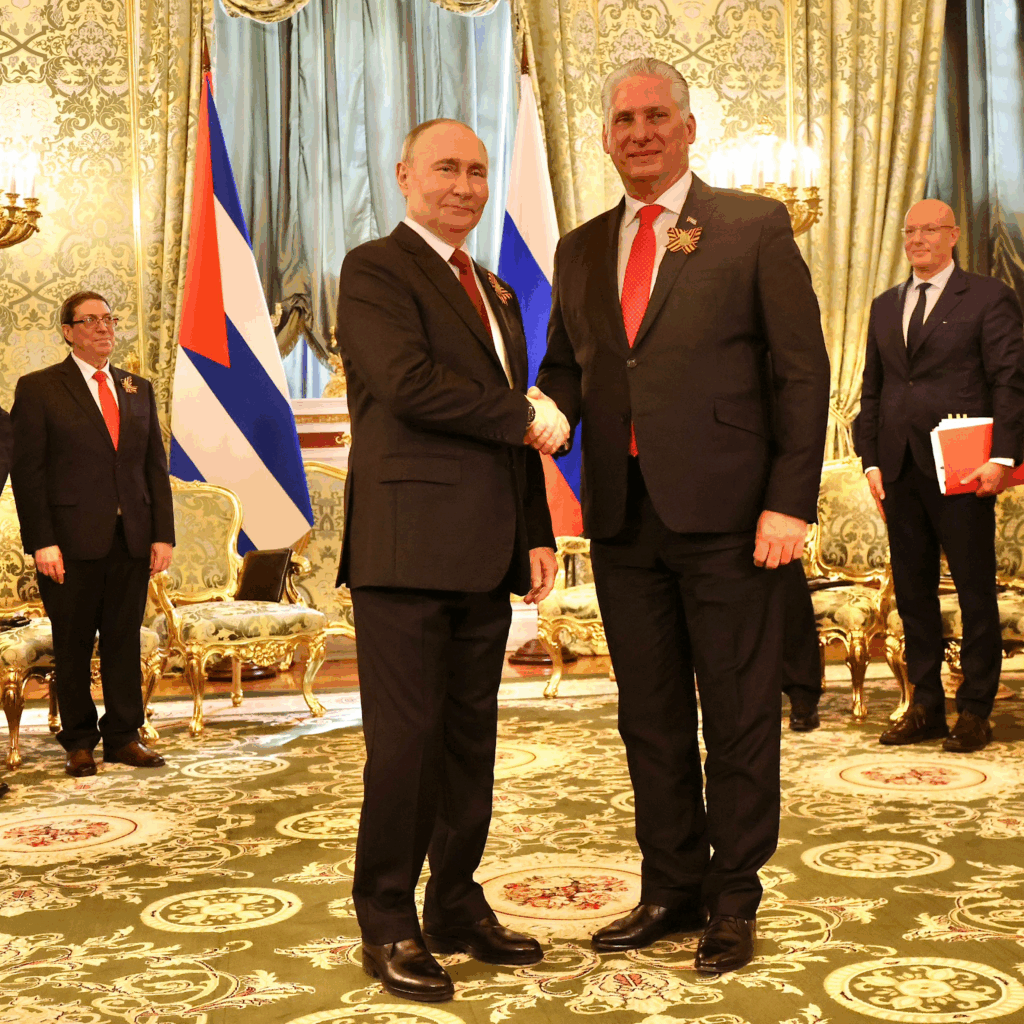Over four hundred human rights defenders from more than one hundred nations have converged in Bogotá, Colombia, for the 42nd Congress of the International Federation for Human Rights (FIDH). This triennial gathering serves as a crucial forum for the organization’s 188 member groups to collaboratively strategize responses to global rights violations.
While the Congress addresses human rights concerns worldwide, its location in Latin America has brought a particularly urgent issue into sharp focus: the escalating threat posed by organized crime. Organizers describe a dramatic surge in violence linked to these groups since the onset of the COVID-19 pandemic.
The situation across the continent is dire, with Ecuador grappling with soaring drug-related crime, Mexico experiencing cartel sieges, and Colombia facing the proliferation of illegal armed groups. These organizations aren’t limited to drug trafficking; they profit from illegal mining, timber harvesting, cattle ranching, and a host of other illicit activities.

These criminal enterprises often operate in remote areas where state presence is minimal, directly endangering those who defend the land and its resources. A recent report revealed a chilling statistic: 82% of all documented killings and disappearances of environmental and land defenders in 2024 occurred in Latin America, with Colombia bearing the highest number of incidents.
Choosing Colombia as the host nation was a deliberate act of solidarity with local colleagues facing immense risks. The FIDH is actively exploring strategies to dismantle the grip of organized crime on communities and institutions throughout the region.
A key tactic involves meticulously documenting the crimes committed by these networks and exposing the often-hidden connections between illegal actors and those within the government. Investigations in Mexico, for example, have uncovered links between cartels and local authorities involved in forced disappearances.
By revealing the systemic nature of these abuses, the FIDH aims to build a pathway towards justice. They are arguing that the actions of these non-state actors can constitute crimes against humanity, potentially bringing them within the jurisdiction of the International Criminal Court.
While the ICC hasn’t yet launched a formal investigation, the FIDH has successfully pressured the United Nations Committee on Enforced Disappearances to address the Mexican state’s role in these disappearances – a development that has reportedly displeased the Mexican government. The principle remains firm: those who accept illicit funds must be held accountable.
Latin America faces a monumental challenge in containing the growing power of these criminal networks. The FIDH recognizes the urgency, even as the world’s attention is drawn to other pressing human rights crises, such as those unfolding in Gaza and Sudan.
Despite the complexity of the situation, there is a determined spirit among rights defenders. This week’s summit offers a vital opportunity to forge innovative solutions and continue the relentless fight against organized crime, a battle they are committed to winning.



